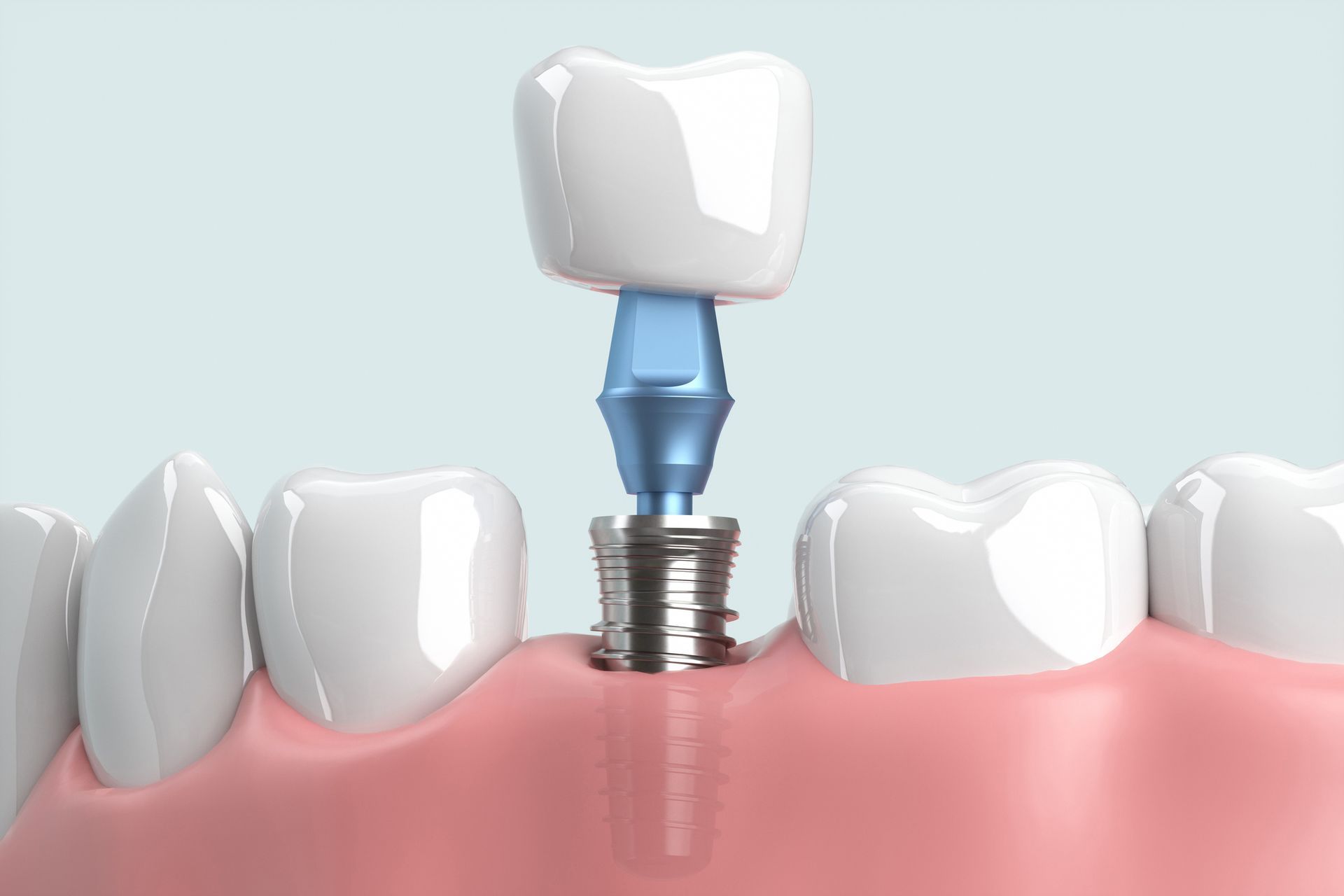Signs and Treatment for Gingivitis
- By Admin
- •
- 14 Jun, 2023

Periodontitis is an extreme form of gum disease that may even need surgery to deal with it. You can avoid such aggressive treatment if you recognize signs of gingivitis (minor gum disease) and deal with it in its infancy.
Signs
Bad Breath
Red, Swollen, and Bleeding Gums
Gum Recession and Sensitive Teeth
Bacterial infection weakens the attachment between your gums and teeth. Thus, you should suspect gum disease if your gums begin to pull away from your teeth. Gum recession creates even more spaces for bacteria to accumulate, worsening the infection.
Gum recession also exposes the tooth root – part of the teeth below the gum line. The tooth root lacks enamel, which protects the crown (normally visible tooth part). The exposure makes your teeth highly susceptible to irritants, such as hot food. Thus, teeth sensitivity is another sign of early gum disease.
Loose Teeth and Painful chewing
Treatment
Enhanced Oral Hygiene
Good oral hygiene prevents many oral health problems, and it can help you deal with gingivitis. Regularly cleaning your mouth:
- Reduces your mouth's bacterial load
- Reduces the organic debris in your mouth that bacteria feed on
Good oral hygiene is simple: brush twice daily, floss once daily, and don't snack between meals. You should also hydrate so your mouth has adequate saliva to clean your teeth.
Professional Dental Cleaning
Antibiotic Treatment
Since gingivitis is a bacterial infection, the dentist may prescribe or provide antibiotic treatments to reduce the bacterial load. The dentist may:
- Give you an antibacterial mouth rinse
- Give you oral antibiotics
- Insert antibacterial gel in your gum pockets to deal with accumulated bacteria
The treatment depends on the extent of your gingivitis. Follow the dentist's directions thoroughly to deal with the infection effectively.
A dentist can help you prevent and treat gingivitis before it progresses to periodontitis, and early treatment will save you a lot of pain and money. Contact Bradley Piotrowski, DDS, MSD, LLC, if you exhibit any signs of early gum disease. Our experienced and board-certified periodontist means we have an in-depth understanding of gum disease and the knowledge necessary to treat it.
AREAS WE SERVE
- Alva
- Ave Maria, Florida
- Bonita Springs, Florida
- Cape Coral, Florida
- Estero, Florida
- Fort Myers Beach, Florida
- Goodland, Florida
- Lehigh Acres
- Lely
- Marco Island, Florida
- Naples, Florida
- Saint James City, Florida
- Sanibel Island, Florida
- Vanderbilt Beach, Florida
AREAS WE SERVE
- Alva
- Fort Myers Beach, Florida
- Naples, Florida
- Ave Maria, Florida
- Goodland, Florida
- Saint James City, Florida
- Bonita Springs, Florida
- Lehigh Acres
- Sanibel Island, Florida
- Cape Coral, Florida
- Lely
- Vanderbilt Beach, Florida
- Estero, Florida
- Marco Island, Florida
This web site is not designed to, and does not, provide medical advice. all content ("content"), including text, graphics, images and information available on or through this web site are for general informational purposes only.
The content is not intended to be a substitute for professional medical advice, diagnosis or treatment. Never disregard professional medical advice, or delay in seeking it, because of something you have read on this web site. Never rely on information on this web site in place of seeking professional medical advice.
Bradley Piotrowski, DDS, MSD, LLC is not responsible or liable for any advice, course of treatment, diagnosis or any other information, services or products that you obtain through this site. You are encouraged to confer with your doctor with regard to information contained on or through this web site. After reading articles or other content from this web site, you are encouraged to review the information carefully with your professional healthcare provider.
CONTACT INFORMATION
Address: 1044 Castello Drive, Suite 202, Naples, FL 34103
Phone:
(239) 263-6003
Email: drbradpiotrowski@gmail.com
Business Hours:
- Mon - Thu
- -
- Friday
- Appointment Only
- Sat - Sun
- Closed













